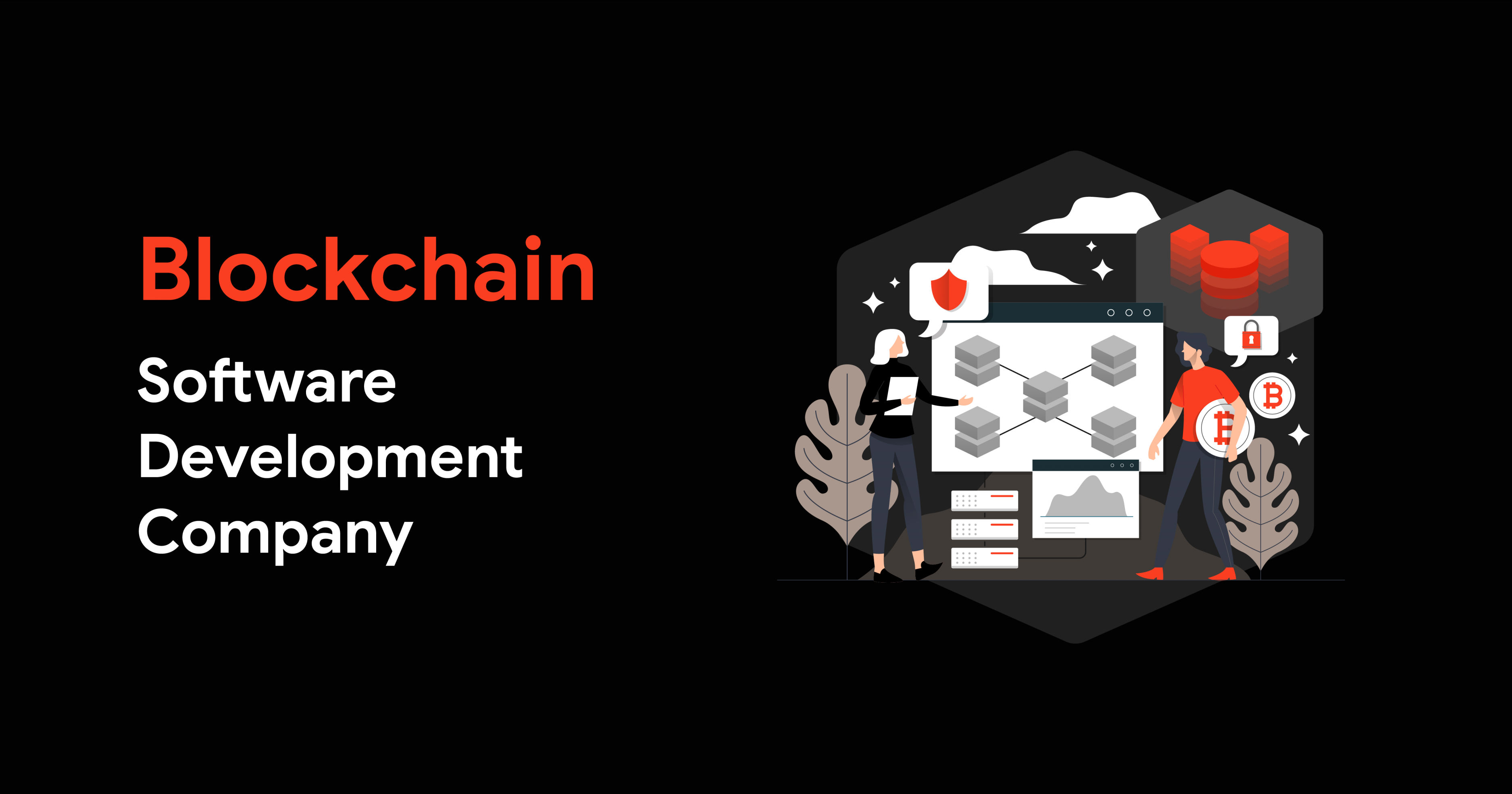Since the inception of cryptocurrencies, Blockchain has been underrated and coupled with a technology that only powers up the crypto space. Now, the ideology has changed, and many sectors are leveraging blockchain for its processes. Let's have a look!
Blockchain and cryptocurrency were twinned, and the common men are still in the thirst of exploring the concepts clearly. Blockchain was understood as the underlying technology of cryptocurrency to record the transactions. But, the blockchain has traveled a long way since its inception in the industries than serving the purpose of recording crypto transactions. Many enterprises move forward to blockchain software development services to build their customised process solutions.
In this blog post, let's look at 5 sectors at which blockchain disrupts the processes ergonomically!
Identity Management
Every person has a set of identity proofs like voter ID, driving license, educational certifications, and many more documents that need to be protected from spammers. However, with the digital evolution, we all have the practice of having a scanned copy of our identity documents for easy access in our devices or mails. These documents are prone to hacks as they are maintained in central servers and single device. Blockchain digital identity management can help users access their documents with public and private keys in a decentralized network. The owners can authorize people to view documents for authenticity and then revoke the access once done. These features of blockchain identity solutions help to safeguard the documents from counterfeit attacks and unauthorized utilities.
Voting
Electoral or community voting is a daunting task that requires a huge workforce at every phase. Right from arranging the poll booths, verifying people's identities, traversing the voting machines to head office, counting and reconciling the votes are tedious processes. Blockchain voting solutions are ergonomic, and the processes becomes simple & cost-effective. Decentralized, online voting helps people cast their votes from the comfort of home after the minder nodes verify their authenticity, and the devoid of intermediaries promotes legitimate voting results. As every vote is verified and added to the blockchain ledger, the reconciliation becomes easier and accurate.
Healthcare
The Healthcare industry has many pitfalls in maintaining patient records, drug supply chain, processing insurance, and bills. Imposing blockchain in the healthcare ecosystem can enhance the integrity of patients, medical practitioners, drug supply chain, researchers, and federations. Any chronic or pandemic diseases in a locality can be informed with alerts earliest to the blockchain network peers, thereby avoiding the potential loss of lives. Researchers can access huge patient data with their consent and apply those statistics to their analytics. Federations can reconcile the public medical data in minutes with accuracy. On the whole, blockchain healthcare solutions ease the process for the entire community wheel.
Cybersecurity
The digitalization of businesses has paved the pathway for more centralized servers and governments. With the growing internet community, hackers find potential loopholes to counterfeit the assets, data, and other values from the servers. Integrating blockchain in social media, digital identity, and other network platforms can encrypt the data cryptographically with hash algorithms. The cryptographic encryption, immutability, traceability of blockchain enhances the security of assets recorded on the internet. The P2P transfers in the blockchain network without intermediaries enhance the privacy, security, and trust among the internet users.
Shared Economy
Centralized businesses require a huge workforce and cost in every process, and they lack transparency in operations to their consumers and community. When businesses adopt a shared economy with blockchain solutions, they inherit the transparency, cost-effectiveness, traceability, immutability of records in their processes. Devoiding intermediaries and promoting P2P transactions in the trade reduces the operational cost, thereby decreasing transaction costs around 20-30% from the existing norms. The blockchain reformation in the shared economy powers up the economy with quick processing, reduced transaction costs, decentralized data.
Wrapping up!
Blockchain is no more an underlying technology, it has hit the industries upfront, and we are in the rea of decentralized reformation. The intense and secured features of blockchain help industries and governance with intuitive solutions. Let's all look forward to the corruption less, transparent, community governance in every industrial process!





